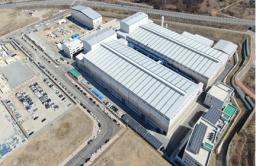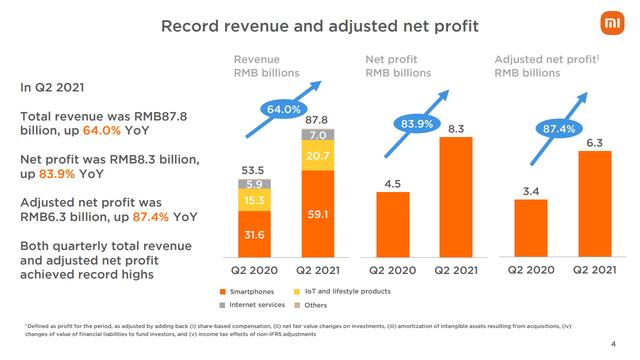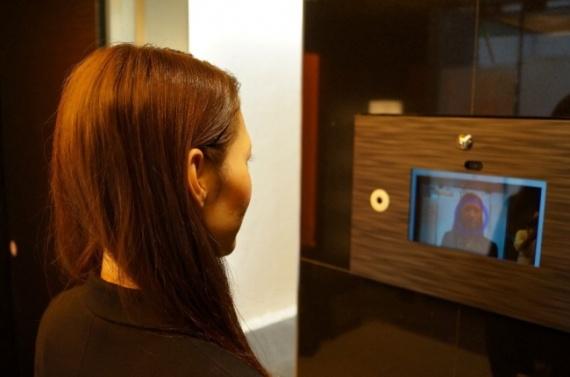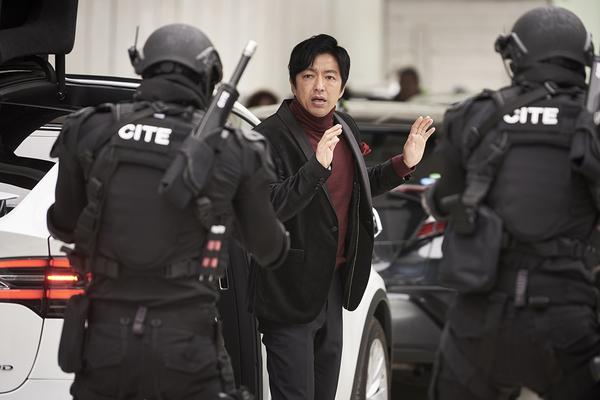Korea ruling party plans to support battery industry directly related to economic security

The South Korean government and local governments have proposed a bill that aims to subsidize industrial factory water and electricity costs, such as semiconductors and batteries, which are directly linked to economic security. It also prepared a plan to set up a national core strategic industry committee to jointly deal with core industry-related regulations and support systems that are scattered among government ministries. ○ Batch processing of permits and licenses, capital investment, etc. In addition, the Semiconductor Technology Special Committee of the ruling party "Together Democratic Party" of the Moon Jae-in administration of South Korea announced on the 15th, "National Core Strategic Industry Special He announced that he will promote the law as a party theory. Byun Jae-il, chairman of the Special Committee on Semiconductors, said at a meeting of the Special Committee on Semiconductor that day, "We plan to introduce the proposal in the name of Song Young-gil, the leader of the Democratic Party, next week." . In order to apply the special law, it must be recognized as a national core strategic technology by the National Core Strategy Industrial Committee. The industry predicts that the semiconductor and battery sectors will be safely included in the national core strategic technology. The Special Committee initially started discussions on the Special Act on Semiconductors, but in consideration of the World Trade Organization (WTO) subsidy agreement issue and the need for flexible responses to additional support for strategic industries, the special committee decided to adopt the Special Act on National Strategic Industries. expanded the scope of the law. If it is designated as a national core strategic technology, it will be supported as a package including investment-related permits, funds, and taxation. In addition, the government has decided to support all or part of the costs of building infrastructure such as roads, electricity, and water for strategic industrial complexes. The existing part that was expressed as ``can be supported'' was changed to ``support'' as an obligation, creating a basis for government support. The scope of infrastructure includes ``redundant facilities'' to prepare for natural disasters, and the designation of specialized complexes will give preferential treatment to locations outside the metropolitan area. Tax support for strategic industries will be stipulated in a declarative manner, and concrete discussions will be held again when the tax law is revised in the future. “Existing semiconductor clusters such as Yongin and Pyeongtaek may also be subject to the law,” Byun said. Stated. ○ The Special Act on Prevention of Outflow of Technology and Human Resources also included measures to prevent the outflow of national core strategic technologies and professional human resources. Mandatory prior approval from the government when exporting national core strategic technologies or M&A with related companies. It also imposed obligations on national core strategic technology protection companies to establish protected areas and manage access permits. It is also possible to limit overseas job transfers by designating specialized personnel according to the needs of the company. In case of outflow or infringement of strategic technology, penalties that are stronger than the Industrial Technology Protection Act will be applied. According to the documents submitted by the Ministry of Trade, Industry and Energy and the National Police Agency to Rep. Kim Do-bu, Rep. of Power for the People, 40 national core technologies in the fields of semiconductors, shipbuilding, displays, etc. will be exported overseas from 2016 to August 2021. leaked. Byun explained, “The government has prepared support plans to promote the long-term employment, career development, and domestic utilization of professional human resources, and has made it possible to subsidize the necessary expenses.” ○ Compared to the United States and Japan, there is still a shortage. In some areas, it is pointed out that the government support has fallen short of expectations. The US government plans to provide subsidies worth $52 billion (approximately 60.3 trillion won) over five years to foster the country's semiconductor industry. We are also promoting a bill that allows tax credits up to 40% of capital investment. China has been making large-scale investments of 1 trillion yuan (about 170 trillion won) for 10 years from 2015. Japan plans to invite Taiwan's TSMC factory, the world's largest foundry (contract manufacturing of semiconductors), to support about half of the total investment of 1 trillion yen (approximately 10.36 trillion won). On the other hand, South Korea has decided to establish a new “special fund for capital investment in semiconductors, etc.” worth more than 1 trillion won in the semiconductor sector. Most rely on private investment. Tax credits also focus on research and development (R&D) rather than facility investment. An industry insider said, “We are pleased with the implementation of the Special Act on National Core Strategy Industries, but it seems that the scale of support is still lacking.” Whether it is effective or not is divided." Reporter Park Shin Young
Last updated: THE Korea Economic Daily Global Edition








